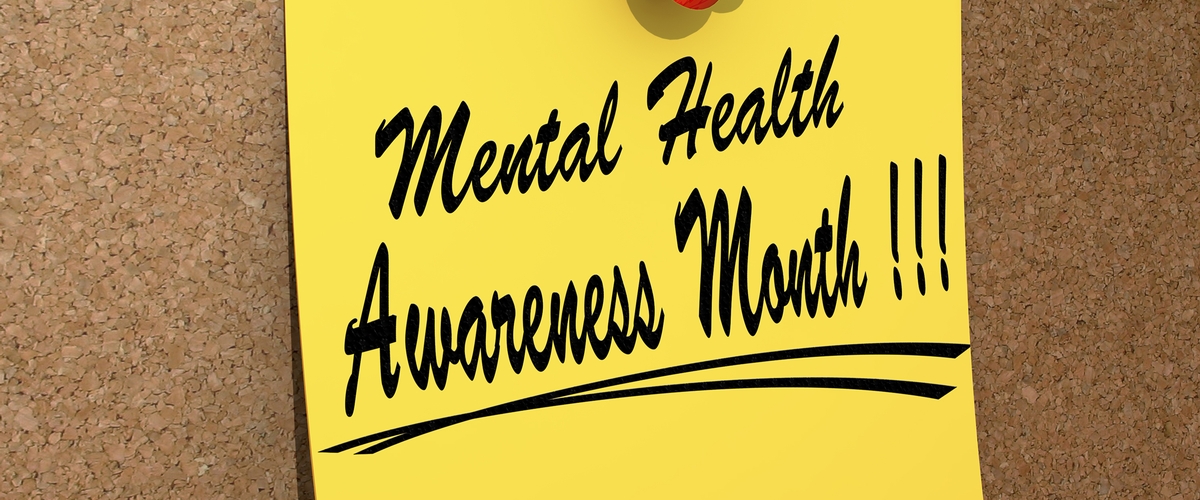Mental Health Month Quarantine Edition

May is Mental Health Month, and while dealing with the effects of COVID-19, preserving and improving our health should be a priority. Following are a few activities you can use to take a break from your day to day routine, reflect and relax.
Quarantine Outside
It is important to get some fresh air, even during quarantine. Spending a few minutes outside can help to increase your mood and give you a break from screens – whether it’s your work screen or your cell phone. According to the National Alliance on Mental Illness (NAMI), “sun exposure will help your brain release the hormone serotonin, which is a natural mood enhancer.” Is there an activity that you normally do indoors that you can take outside? Think conference calls, morning coffee, reading, etc.
Write a Thank You Note
It is easy to focus on the negatives during trying times, but thinking about the things you are grateful for can help shift your mood and keep you healthy and focused. WebMD says that “regular expression of gratitude can help lower stress levels and even improve your immune system.” Think of someone who has done something you appreciate, and take a few minutes to write them a thank you note. If you can’t think of a specific person, write a letter to your local fire department, or other first responders and groups that provide meaningful services.
Learn Something New
Keep your mind sharp during quarantine by learning something new. “People who spend their time learning new things past childhood show greater overall wellbeing and better abilities coping with stress,” according to the National Health Service. Do you play an instrument? Find a new song to play. Are you tired of takeout? Put on your apron and find a cooking tutorial to guide you through a recipe. If there isn’t a new skill you want to practice, you can always pick up a book on new topic and learn the old-fashioned way.
Exercise
Even with most gyms and recreational centers closed or on reduced schedules, it is important to find ways to exercise. “Studies have consistently shown that exercise has positive effects on brain function and anxiety,” says NAMI. For at-home workouts, follow the HITT Facebook page.
Laugh
In hard times, remember the old adage: laughter is the best medicine. Take a break from the news and schedule some time for laughter. Turn on your favorite comedy, play a card game or board game with your family, or phone a friend.
Socialize
According to Harvard Health, “multiple studies show that having strong social ties with people can decrease your risk for depression, improve your physical health, and even lengthen your lifespan.” While socializing may not be as easy as meeting your friends at your favorite restaurant right now, there are still many ways to socialize. Find a video chat app – many include filters, game options, and other activities – and have a virtual game night. If your friends and family are local, meet them for a coffee, walk, or run while practicing physical distancing guidelines.
Pause and Relax
Do not underestimate the benefits of simply relaxing. Curl up in your favorite chair, kick your feet up, and spend some time doing nothing. Press the pause button and let your mind and your body relax and/or meditate. Psychology Today suggests “stepping away, and doing anything but whatever was stressing you out until you feel a little better.” This will allow both your body and your mind to reset and give you the fuel to get through your next set of challenges with a fresh perspective.
Sources:
NAMI (Montgomery County)
Psychology Today
*The inclusion of third-party organizations does not imply DoD endorsement.